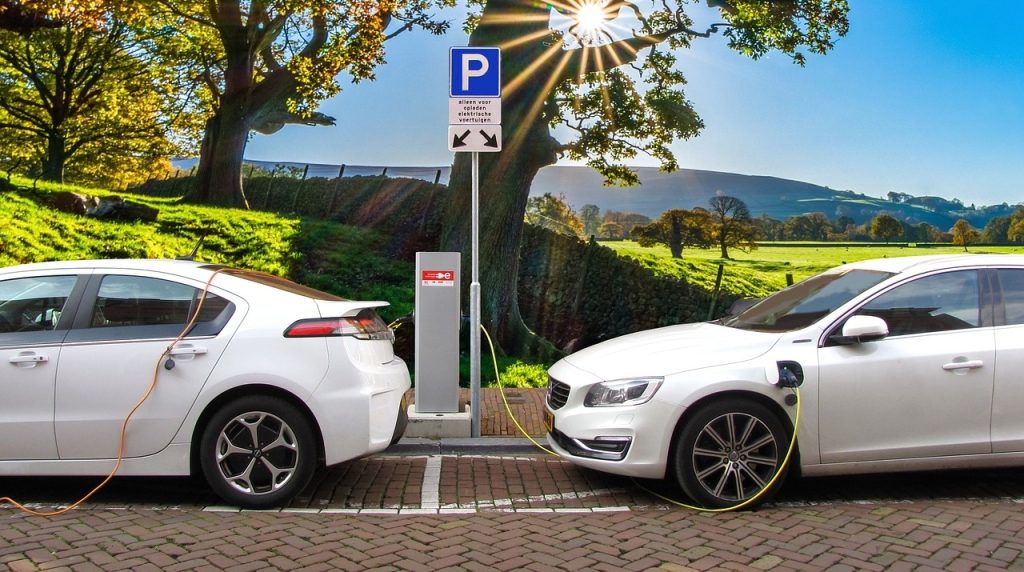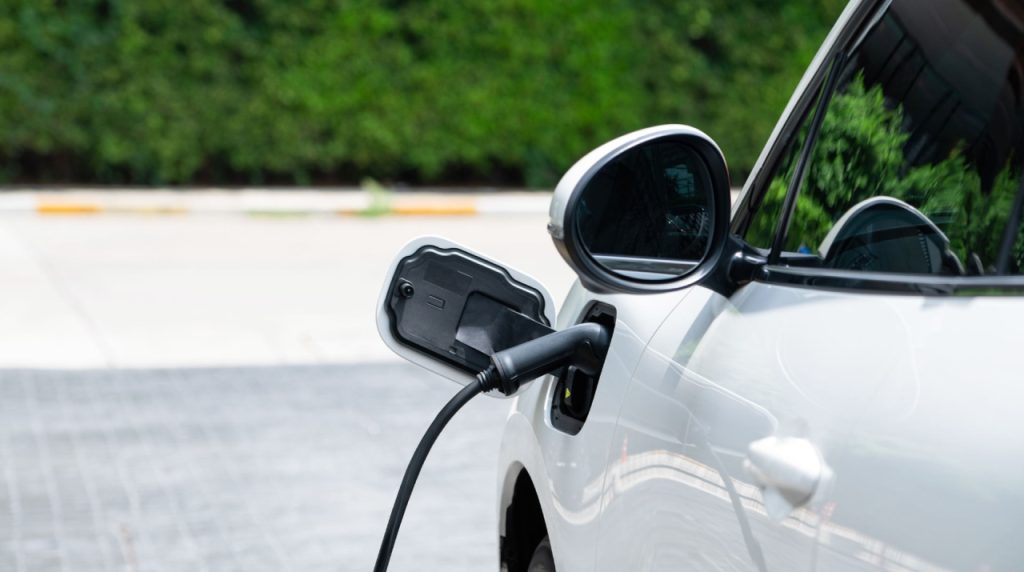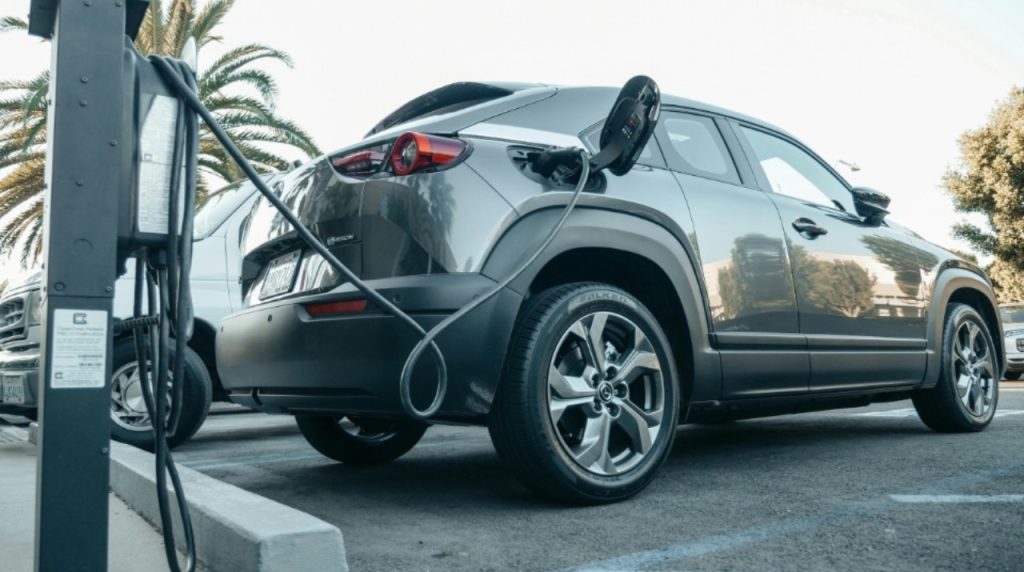
Spain: Pioneer in Electric Vehicle Adoption

In recent years, Spain has made significant strides toward adopting electric mobility, positioning itself as a pioneering country in the use of electric vehicles (EVs). Driven by European commitments to reduce carbon emissions and shift toward renewable energy, the nation has implemented various policies and infrastructural improvements to foster the transition to more sustainable mobility.
One of the pillars of this transformation has been the investment in charging infrastructure. In cities like Madrid and Barcelona, numerous public charging points have been installed, making it easier for drivers to efficiently recharge their vehicles.
Related content: Spain unveils plan to expand electric car usage

Additionally, the collaborative efforts between the public sector and private companies have led to the creation of fast-charging networks that cover most of the national territory, encouraging both residents and tourists to opt for this type of vehicle.
Spain’s Commitments
A key reason for Spain’s success in this area has been government support. Programs like Plan MOVES offer grants and financial assistance for the purchase of electric cars, making this technology more accessible to the general public.
Moreover, fiscal incentives, such as exemption from vehicle registration tax for EVs, have significantly increased demand for these automobiles.

Furthermore, both local and foreign manufacturers are betting on Spain as a hub for electric vehicle production. Companies like SEAT and Renault have started developing electric models in Spanish plants, solidifying the country as a key player in the European electric automotive industry.
Thanks to these efforts, Spain has become a reference in electric mobility in Europe, proving that the transition to a cleaner and more sustainable future is possible with the right combination of investment, public policies, and technological innovation.





